The government and private insurance should not only assume larger roles in paying for long-term care, but policies should be enacted to help older adults prepare for those costs, according to a new study.
The “Support for Greater Government Role in Health Care for Older Adults” study from the Associated Press-NORC Center of Public Affairs found bipartisan support for a host of policies to help pay for the costs of long-term care and caregiving, many of which would involve an expanded role for the federal government.
Support for long-term care
According to the poll, American adults think that private health insurers (60% of respondents) and the Medicare program (57%) should have a larger responsibility for paying for the costs of long-term care. Fifty-three percent of respondents said the same about the Medicaid program, whereas 26% said that responsibility should be on the shoulders of individuals and 23% said it should be on families.
Older adults especially support policies to help pay for the costs of long-term care; 83% of respondents said they support long-term care coverage through Medicare Advantage or supplemental insurance, 78% said they support employer long-term care insurance plans, 75% support tax breaks for buying long-term care insurance, 73% support government funding for low-income people to receive long-term care in their homes, 72% support non-taxable funds to pay long-term care insurance premiums, and 69% support a government-backed long-term care insurance program.
Broad support also was seen for expanding Medicare into new areas of coverage, including long-term care (81%), dental care (87%), eye exams (87%) and hearing aids (86%).
Healthcare coverage
Overall, 66% of respondents said that it is the federal government’s responsibility to ensure that all Americans have health insurance coverage. Interestingly, 73% of respondents aged 18 to 49 agreed with that statement, whereas 58% of respondents aged 50 and older agreed. The study found that 47% of the older respondents were more supportive of government policies that address the costs of care, whereas 38% of the younger adults were more supportive of universal healthcare coverage.


 Mailing List
Mailing List